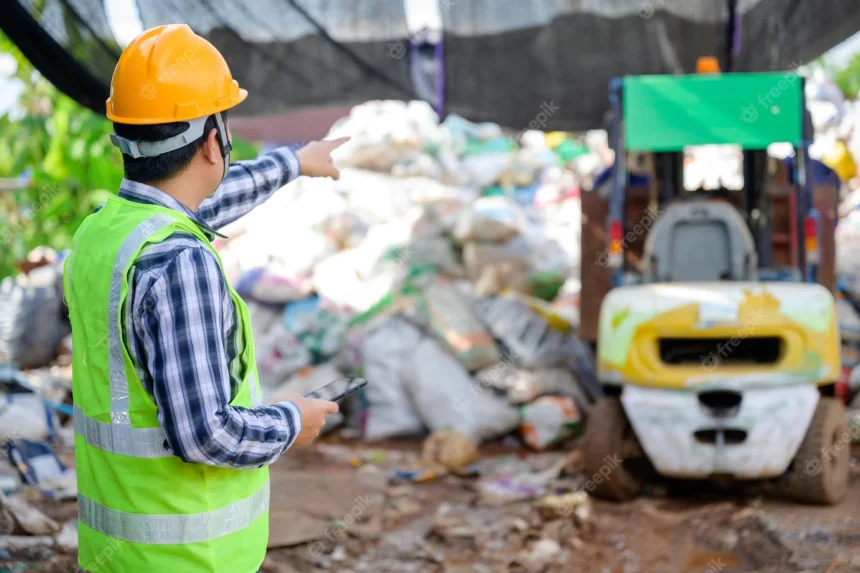Starting a waste management business requires careful planning and consideration of various factors. Here are ten important things you should consider before venturing into the waste management industry:
- Research and market analysis:
Conduct thorough research on the waste management industry in your target location. Identify market trends, competitors, and potential opportunities. Understand the regulatory framework and any specific requirements for waste management businesses in your area. - Business plan:
Develop a comprehensive business plan that outlines your vision, mission, target market, services offered, marketing strategy, financial projections, and operational details. A well-structured business plan will guide your business and attract potential investors or lenders. - Legal and regulatory compliance:
Familiarize yourself with the legal and regulatory requirements associated with waste management. Obtain necessary permits, licenses, and certifications to operate legally. Ensure compliance with environmental, health, and safety regulations. - Waste streams and specialization:
Determine the types of waste you plan to handle. Waste can be categorized into different streams, such as solid waste, hazardous waste, or organic waste. Consider specializing in specific waste streams based on your expertise and available resources. - Infrastructure and equipment:
Assess the infrastructure and equipment needed to operate a waste management business. This may include waste collection vehicles, storage facilities, sorting equipment, recycling machinery, and disposal units. Calculate the initial investment required and ensure you have adequate funds or financing options. - Recycling and waste treatment:
Explore opportunities for recycling and waste treatment within your waste management operations. Develop partnerships with recycling facilities or consider setting up your own recycling processes to maximize resource recovery and minimize environmental impact. - Waste collection and transportation:
Plan efficient waste collection routes and establish a reliable transportation system. Determine the logistics of waste collection, including scheduling, vehicle maintenance, and staffing requirements. Consider the proximity of your operations to waste generation sources to minimize transportation costs and emissions. - Health and safety protocols:
Implement robust health and safety protocols to protect your employees, clients, and the environment. Train your staff on proper waste handling techniques, personal protective equipment (PPE) usage, and emergency response procedures. Comply with Occupational Safety and Health Administration (OSHA) guidelines and other relevant regulations. - Market positioning and customer acquisition:
Identify your target customers, such as residential communities, commercial establishments, or industrial facilities. Develop a marketing strategy to promote your services and differentiate yourself from competitors. Emphasize the benefits of responsible waste management, such as cost savings, environmental sustainability, and compliance with regulations. - Sustainability and innovation:
Consider sustainable practices and innovation in waste management. Explore technologies and processes that can improve waste diversion, increase efficiency, or reduce the environmental impact of your operations. Stay updated with industry trends and advancements to remain competitive and adaptable.
Remember, starting a waste management business requires a strong commitment to environmental stewardship, compliance with regulations, and the ability to adapt to evolving market needs. Thorough planning and attention to detail are essential for long-term success in this industry.
Join 'Farmers Mag' WhatsApp Channel
Get the latest Farming news and tips delivered straight to your WhatsApp
CLICK HERE TO JOIN






